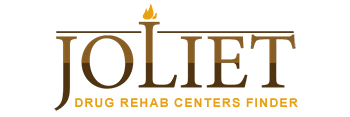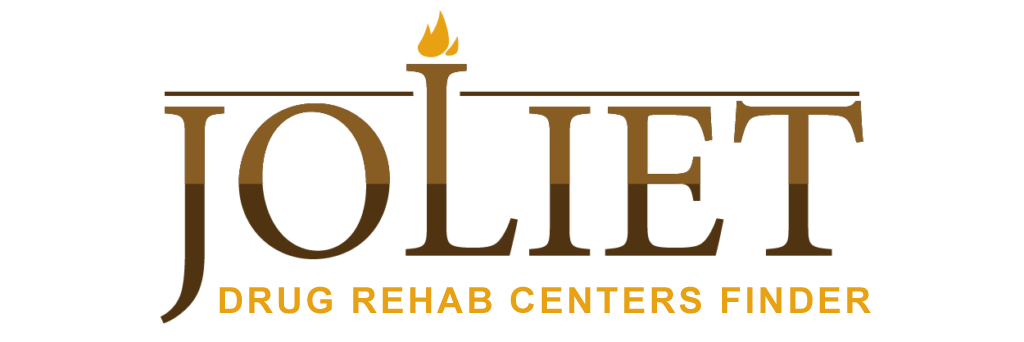Medical Detox in Joliet, IL
Joliet Drug Rehab Centers in Joliet, Illinois can offer individuals connections to professional treatment for medical detox and addiction so they can regain power over their behavior and rebuild their lives in sobriety. The first step of any treatment plan is detoxification from the addictive substance, and Joliet Drug Rehab Centers can help this process with medical detox, a technique of using medications to relieve specific symptoms of drug withdrawal. In this way, patients can get through detox with reduced symptoms in a shorter time period, so that they can begin their individualized treatment program more quickly.
What Is Medical Detox?
Medical detoxification is the process of removing addictive substances from the body, so that an individual is ready to begin the treatment process. Alone, medical detox can do little to change the habits of addiction. A comprehensive program of counseling, addiction education and cognitive behavioral therapy is needed to understand the motivations and change behaviors. However, detox can be so severe that it prevents individuals from getting the treatment they need. Medical detox uses drugs that relieve symptoms of withdrawal to make the process less physically disturbing. The individual can then begin their treatment program more quickly.
Commonly Abused Drugs and Medications Used To Relieve Symptoms
Each substance produces unique withdrawal symptoms and may require a different medication to relieve discomfort and avoid dangerous reactions:
Alcohol withdrawal
Withdrawal from alcohol produces nausea, vomiting, headaches, agitation, sweating, tremors, seizures and hallucination. Bupropion and naltrexone are used to control discomfort and cravings. Neurotonin is used to control seizures.
Opiate withdrawal
Heroin and prescription painkillers produce withdrawals symptoms of sweating, nausea, vomiting, joint pain, muscle aches, diarrhea, seizure and depression. Buprenorphine and methadone can help to reduce withdrawal symptoms and cravings. Anti-nausea medications can be used to control stomach discomfort. Anti-convulsive medications can be used to treat seizures.
Stimulant withdrawal
Withdrawal from stimulants like Adderall and Ritalin cause restlessness, vomiting, aggression, tremors, panic attacks and sleep problems. Medications to induce sleep or relieve depression may be used.
Sedative withdrawal
Withdrawal symptoms from drugs like Klonopin, Valium and Xanax include nausea, vomiting, tremors, restlessness, anxiety, seizures, insomnia, and elevated blood pressure and body temperature. Medications to control blood pressure or relieve insomnia can help relieve discomfort.
Detoxification Is Just the First Step
Medical detox is not enough to stop the powerful psychological pull of addiction. Individuals must learn how addiction controls their thinking and behavior and how to counteract its effects. The National Institute for Drug Abuse notes that a holistic approach that treats the whole individual provides the most effective treatment for individuals with addiction.
This approach means the clients get medical care for physical conditions caused by addiction, psychological treatment for underlying mental health problems that contribute to addiction and an assessment of the person’s social needs to ensure they have a living environment that supports their efforts at sobriety. Some patients may require help with securing employment or other services in order to fully utilize the principles provided by their treatment program.
If you fear the severe withdrawal symptoms of detox, contact Joliet Drug Rehab Centers at (779) 333-0829 to discuss medical detox and other recovery options.


